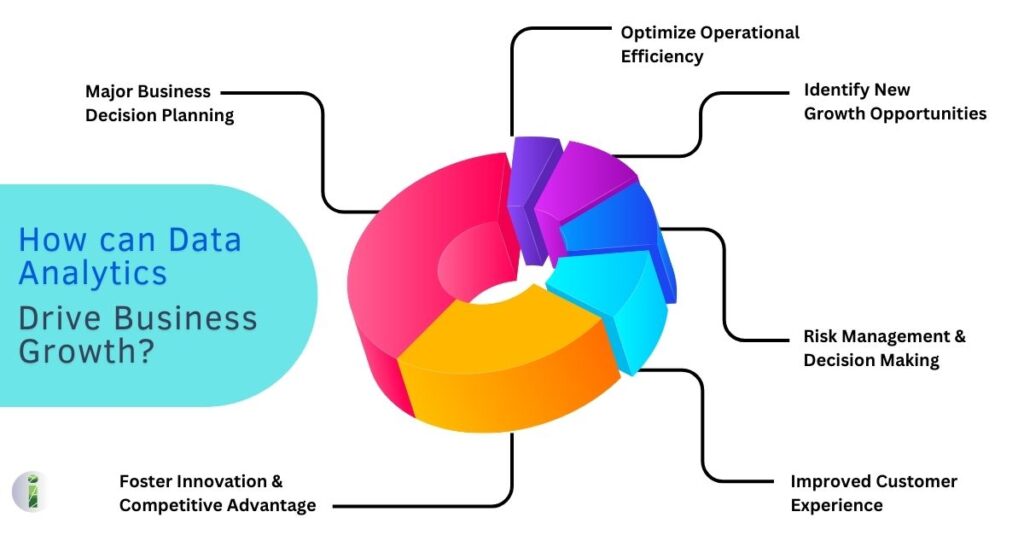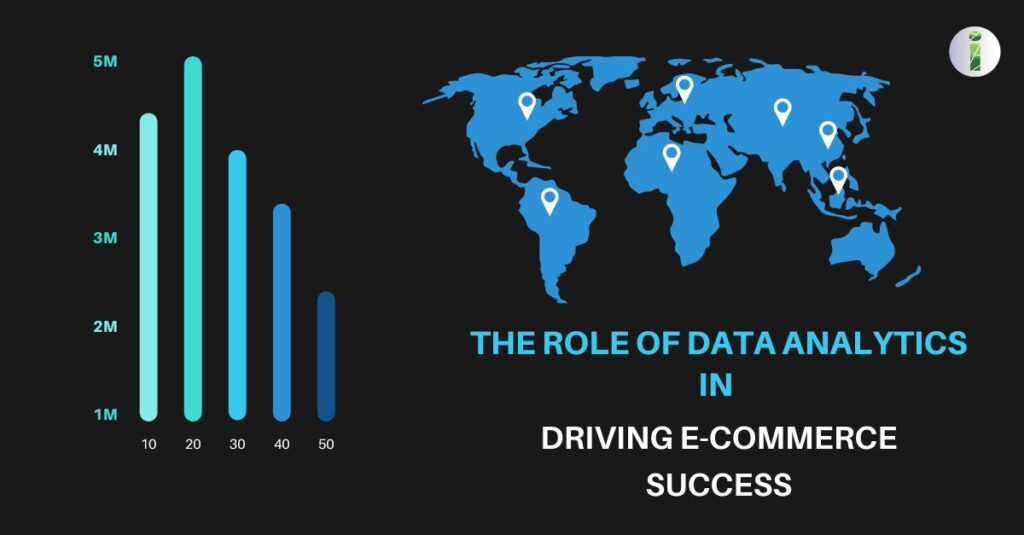In the fast-paced and ever-evolving world of e-commerce, data has become the lifeblood of strategic business growth. The ability to analyze and leverage data effectively has become indispensable, as it empowers businesses to make informed decisions, optimize operations, and gain deeper insights into customer behavior.
Making Informed Decisions: Grounding Strategy in Data
Table of Contents
ToggleEvery decision in e-commerce, no matter how small, can have far-reaching consequences. Data analytics provides the insights needed to move beyond intuition and guesswork. By delving into performance metrics, forecasting trends, and uncovering patterns, businesses can make strategic decisions that drive growth.
For instance, analyzing sales data across channels can reveal which products are performing well and which marketing tactics are most effective. This knowledge allows companies to optimize marketing spend and tailor their product offerings to meet customer needs. If data shows growing interest in sustainable products, a business can proactively expand its eco-friendly line, positioning itself as a leader in the market.
Equally important is the ability to use data to identify new opportunities for expansion. By analyzing market trends, consumer preferences, and competitor activities, businesses can spot emerging niches and capitalize on them before their rivals. This forward-thinking approach helps e-commerce companies stay ahead of the curve and maintain a competitive edge.
Optimizing Operations: Enhancing Efficiency Across the Board
Operational efficiency is crucial in e-commerce, and data analytics plays a vital role in identifying and addressing inefficiencies. By analyzing data related to inventory, order processing, and shipping, businesses can streamline their supply chain, reduce costs, and improve delivery times. This not only enhances customer satisfaction but also boosts profitability.
Data analytics can also optimize website performance, enabling companies to identify and address issues that might be causing friction for users, leading to higher conversion rates and increased sales. Furthermore, analyzing customer service interactions can help businesses implement targeted training programs or introduce new technologies to enhance the overall customer experience.
Understanding Customer Behavior: The Key to Personalization and Loyalty
In the competitive e-commerce landscape, personalization is key to building lasting relationships and driving sales. Data analytics provides the insights needed to understand who customers are, what they want, and how they interact with the brand. By analyzing purchase history, browsing behavior, and demographic data, businesses can create highly targeted marketing campaigns that resonate with specific customer segments.
Personalized recommendations, tailored promotions, and customized email campaigns can all be powered by data analytics, resulting in higher engagement, increased customer loyalty, and higher lifetime value. Additionally, understanding customer behavior can help businesses address pain points in the customer journey, reducing cart abandonment and improving overall satisfaction.

The Data Analytics Edge: Leveraging the Right Tools
While data analytics is essential for e-commerce success, choosing the right tools is equally important. Businesses need robust analytics platforms that can process large volumes of data, provide real-time insights, and seamlessly integrate with existing systems.
When selecting an analytics solution, it’s crucial to choose one that aligns with the unique demands of e-commerce, offering features such as marketplace operations management, detailed reporting, and predictive analytics. By incorporating the right data analytics tools into their strategy, businesses can unlock new opportunities for growth and drive their e-commerce success to new heights.
For those who are serious about leveraging data to drive e-commerce success, it’s worth exploring tools that offer these capabilities in a user-friendly and scalable manner. For example, certain solutions on the market, like DataDash, are specifically designed to empower e-commerce businesses by delivering detailed insights into marketplace operations and customer behavior. With such a platform, businesses can streamline their processes, make informed decisions, and ultimately drive growth in a competitive market.
Staying Ahead of the Curve: The Importance of Continuous Optimization
In the ever-changing world of e-commerce, the need for continuous optimization cannot be overstated. Businesses must constantly adapt and refine their strategies to stay ahead of the competition. Data analytics plays a crucial role in this process, providing the insights needed to identify and address emerging challenges.
By regularly monitoring and analyzing data, businesses can make agile adjustments to their product offerings, pricing, marketing campaigns, and customer service approaches. This ability to quickly respond to market shifts and evolving consumer preferences is what separates successful e-commerce companies from their lagging competitors.
Conclusion: Embracing Data for Competitive Advantage
In the digital age, data analytics is a critical component of e-commerce success. By harnessing the power of data, businesses can make informed decisions, optimize their operations, and gain deeper insights into their customers. As the e-commerce industry continues to evolve, those who effectively leverage data analytics will be the ones who thrive in an increasingly competitive market.








